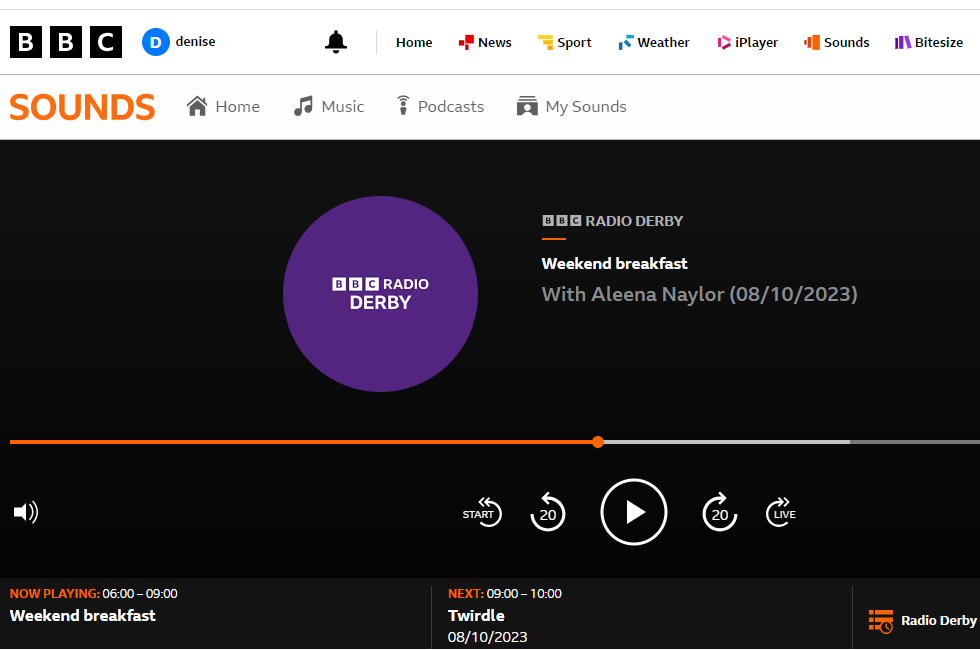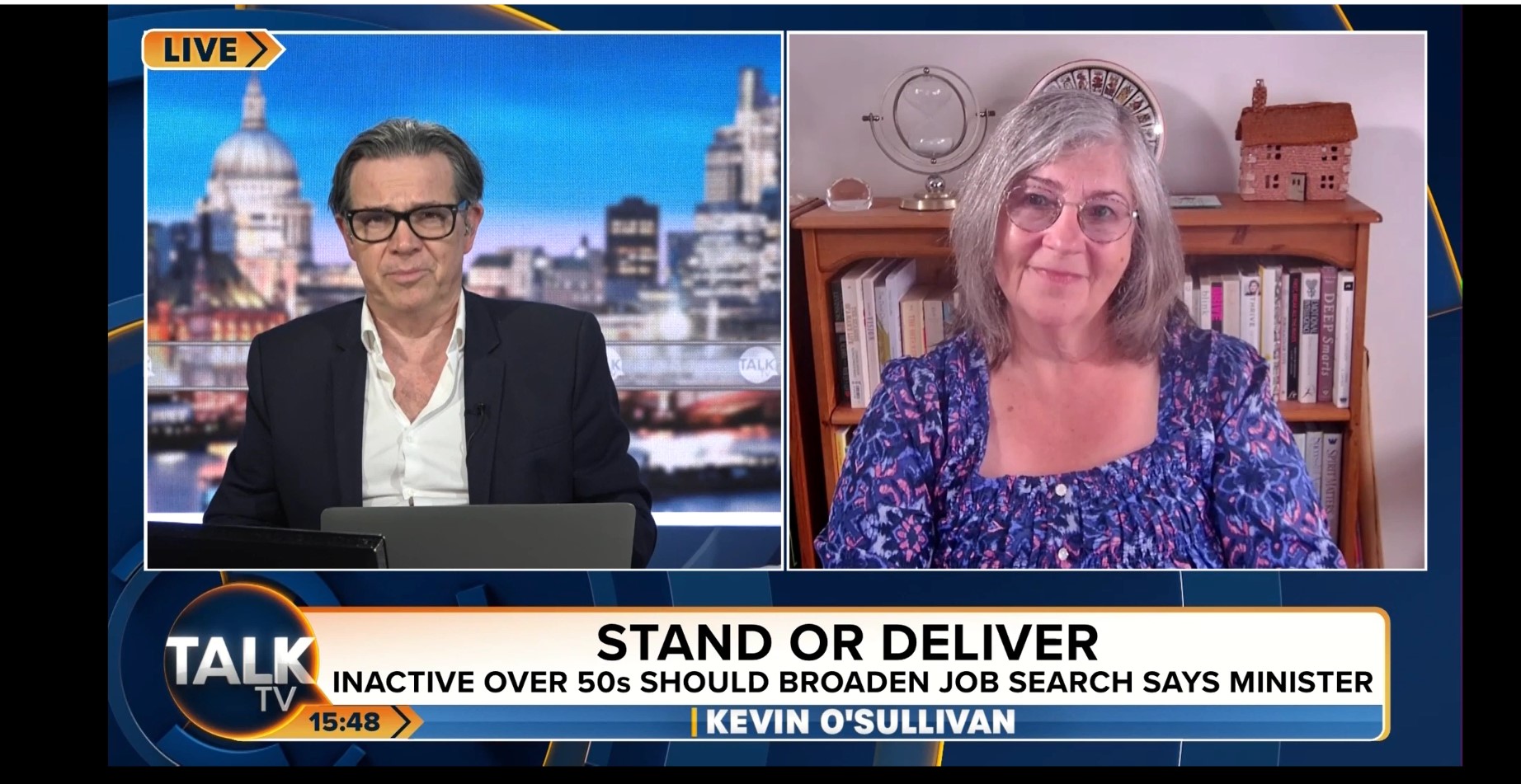We need to stand up against prejudice and ageism but we also need to challenge ourselves to stay current – we must not be complacent. As older workers, we have to deal with stereotypes. Too much is in the press around cognitive decline, but we can also call on our experience and use mental shortcuts to help us to be more efficient.
Our age is not our identity. Age is not a barrier to performance. We need to seek out organisations that value our experience and be able to address prejudice full on. If there is resistance to offering you the job, it may not be an environment where you’ll be comfortable working, so best to move on.
We need to turn our age into an asset so that potential employers see us as seasoned individuals and a brilliant catch, not as overqualified and over the hill.
It will be a great help if you can identify a job that fits your experience, career goals, strengths and personal fulfilment, and make sure that everything you communicate about yourself emphasises this, not your age.
Many of us are still interested in further development and having interesting jobs – we aren’t coasting to retirement. A survey I quote in Find Work at 50 said that more than twice as many over-50s (11%) want promotion as want to downshift (4%). Many of us will still be able to work, if we want to, as we reach our 8th decade. It should be for us to decide we are ready to stop, not have it foisted upon us.
But there are still people of our age who put themselves down, sometimes due to lacking confidence. They talk about their senior moments and talk about how they preferred things in the past. They come across as a bit fuddy-duddy and don’t do themselves any favours.
Just like people at all ages some negative comments will be true for some, but we can’t have people assuming that these statements are true for us.
Make our age an asset
Other cultures see age as wisdom, and many of us have great experience we can call on. But recruiters know that there are some who have coasted through their career, doing the minimum, not bothering about development.
At interview you must emphasise how you have developed yourself, how you have used your knowledge in such a way that benefits your organisation. Make it clear how you have worked well with people of different ages and how you have mentored younger colleagues.
Many employers do choose older workers as they find too many young workers lack the right skills and work ethic. They choose to recruit us for many of the following reasons.
We are conscientious and knowledgeable
We have a wider skills base, experience, wisdom and are good at problem-solving. Our understanding of using early versions of word-processing software means that we understand how to create, e.g. styles, to save hours of time, and often have a deeper understanding of Excel and PowerPoint. At 55 we have a working and experience track record of around 30–35 years to offer an organisation whereas a 25-year-old may only have 2–5 years of junior-level experience. We can also draw on our background and knowledge to guide and develop younger staff. We are less likely to take time off sick.
We are loyal
Once recruited we are more likely to stay in the job longer and save our employer costs; younger workers are far more likely to move on. Most of us are reliable, loyal and motivated. When in work, those aged 50–64 have an average job tenure of 13 years, compared with 7 years for those aged 25–49. Workers aged 55+ are five times less likely to change jobs compared to workers aged 20–24 and this directly reduces ongoing recruitment and training costs.
We are good communicators
Generally, we will write well and have the confidence to speak up. We have also learnt how to get on with a wide range of people and have the confidence to challenge, although we need to make sure we do this carefully. Over the years rough edges have been smoothed and we have gained emotional maturity. We find it much easier to engage with and influence others.
We know people
With age, we know more people and this can prove highly valuable to the new employer. You may well have contacts with suppliers, potential customers and competitors. Think about who you know that could be valuable to the interviewer.
We can address some of these areas as we apply. We can emphasise our background that is relevant to the job we are applying for and take the emphasis off other areas. We can explain in the cover note why the job interests us and make sure we include how well we match the job requirements.





